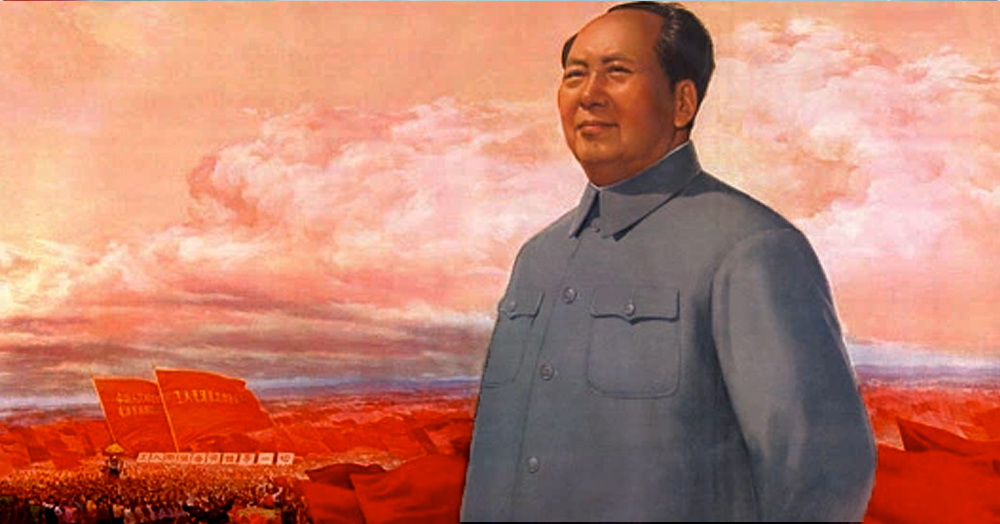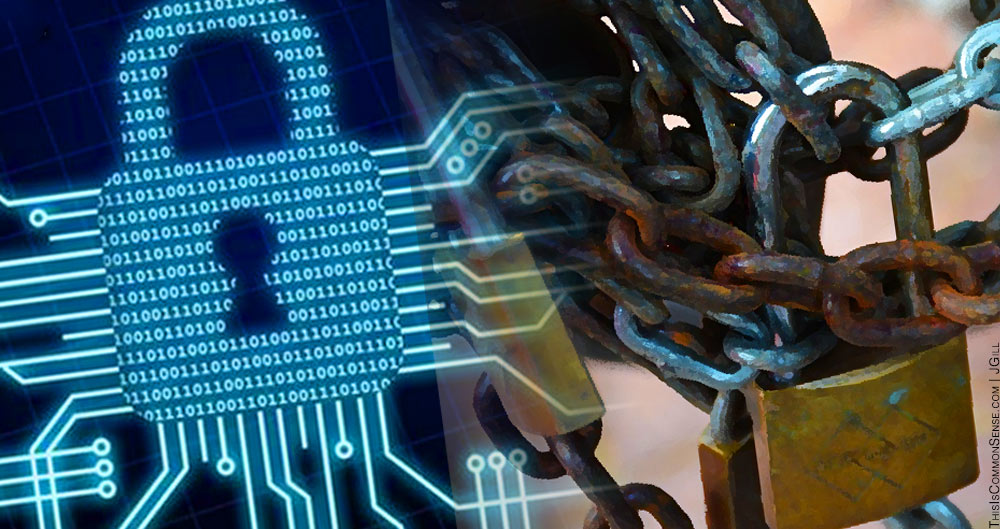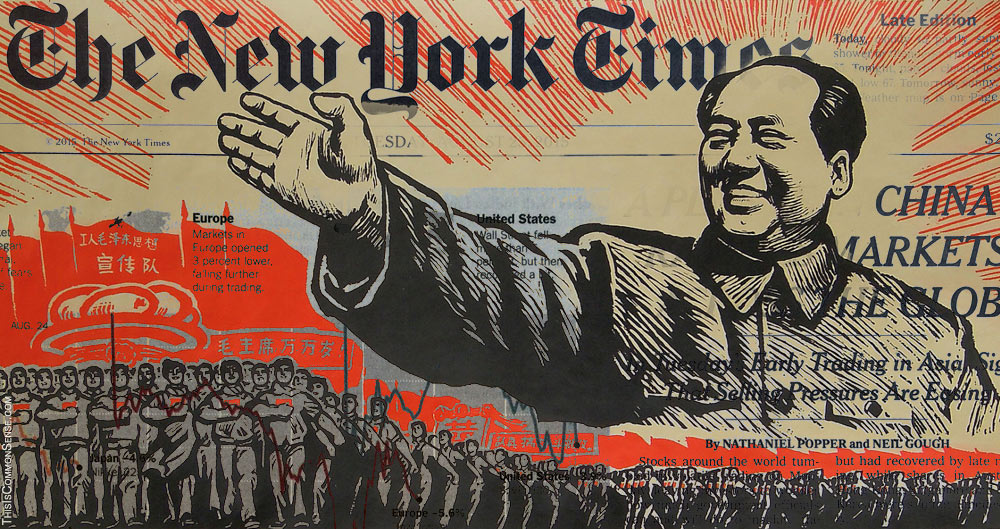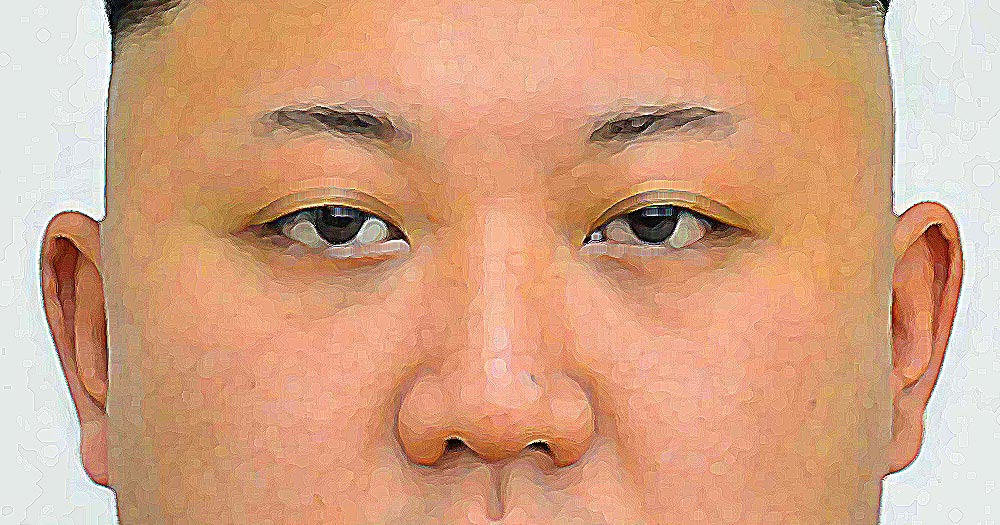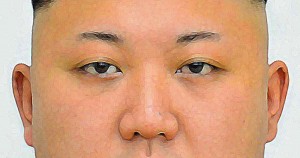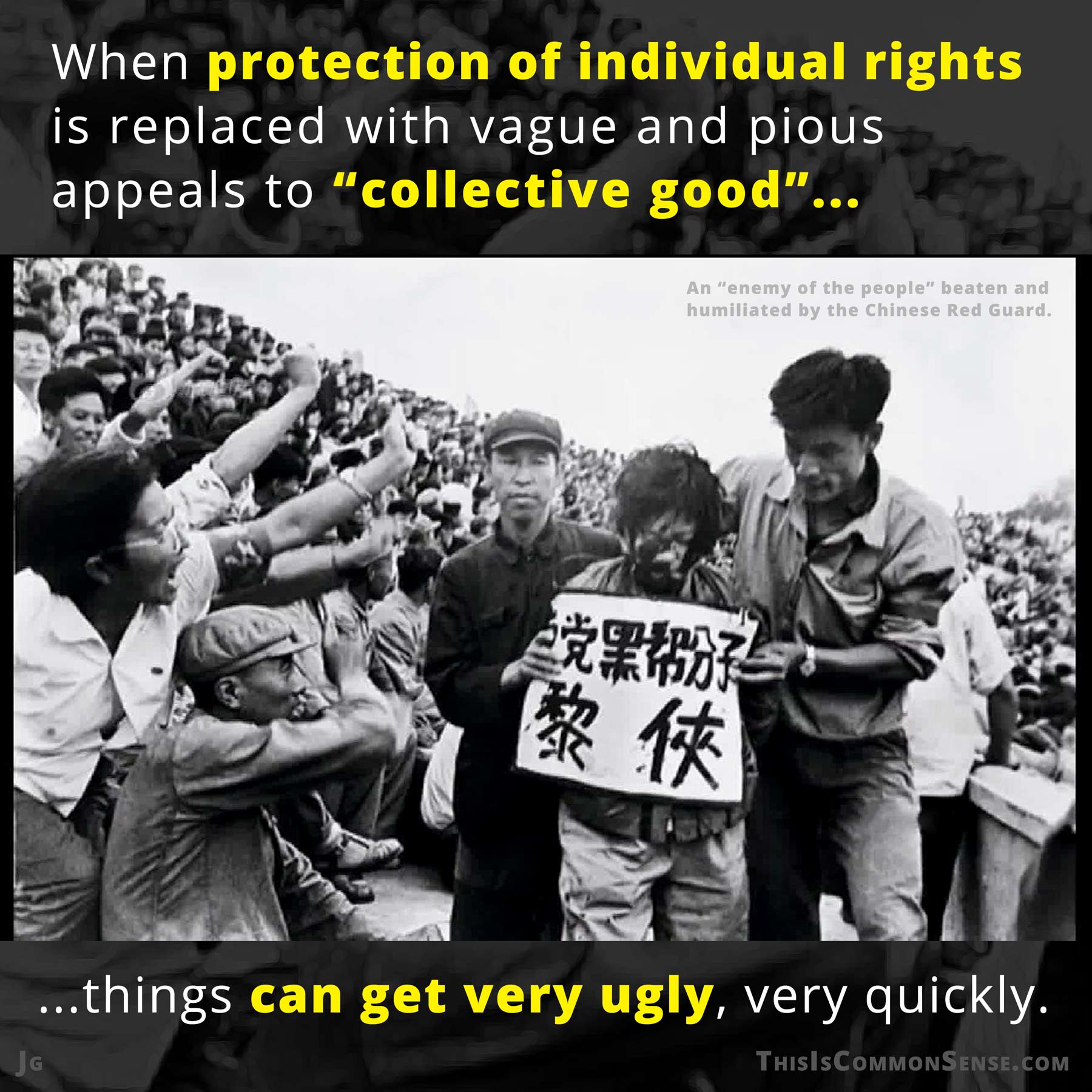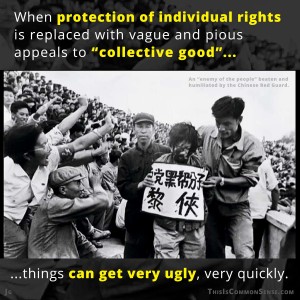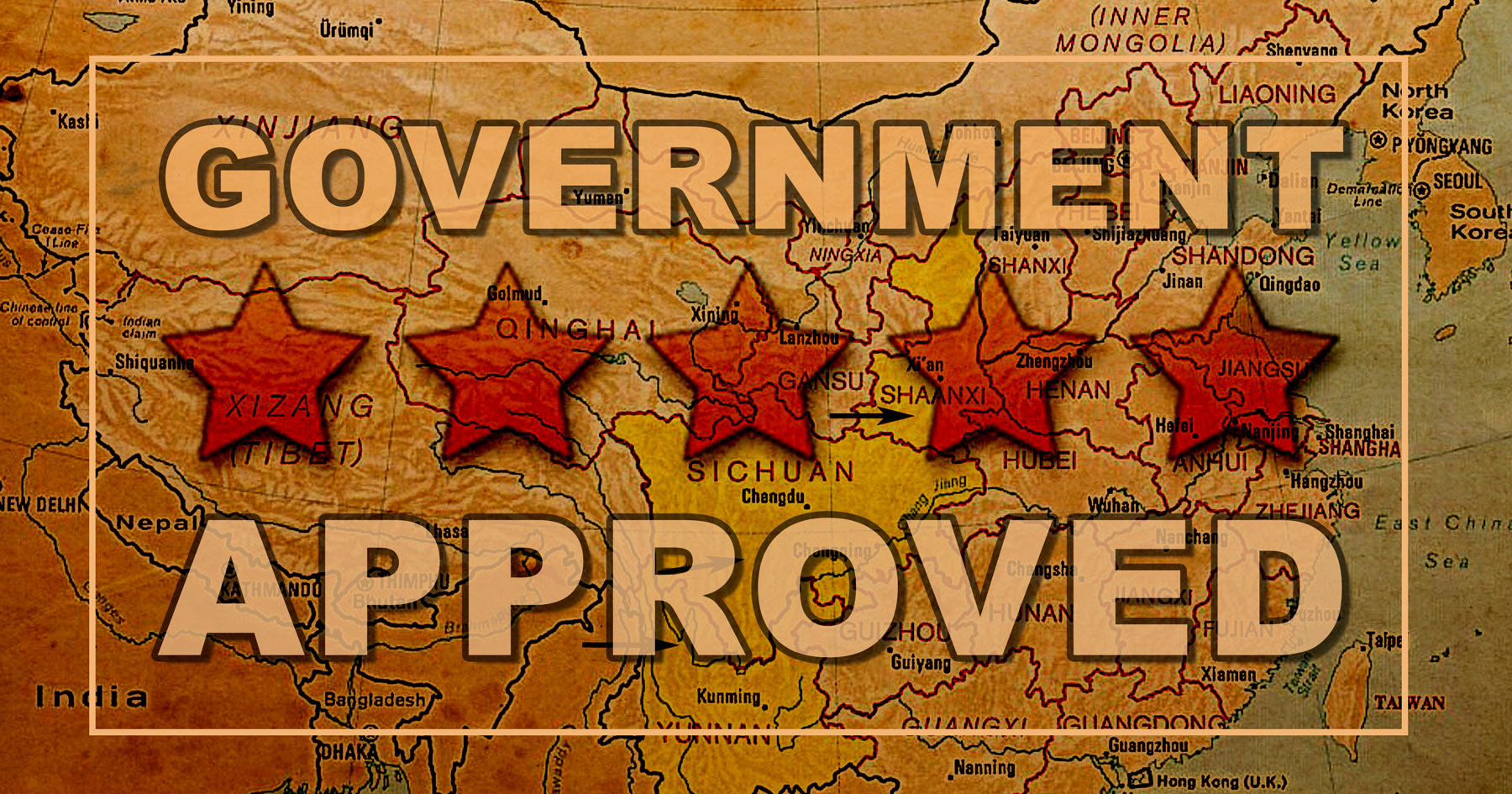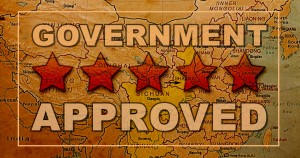“Argh, we’re going to become North Korea,” a dejected Chinese citizen wrote on his country’s social media site, Weibo.
His comment, later removed by China’s “safe space” police, responded to the Communist Party’s announcement that it would soon remove term limits on President Xi Jinping.
While neighboring North Korea has been ruled in totalitarian dynastic fashion by the Kim family since 1948, the Chinese have had their own experience with extended one-man rule, 33 years of Mao Zedong.
“From 1958 to 1962, his Great Leap Forward policy led to the deaths of up to 45 million people,” the Washington Post clarified, “easily making it the biggest episode of mass murder ever recorded.”
A decade after Mao’s death in 1979 — there’s always that ultimate term limit — even Communist Party apparatchiks embraced a formal limit on the president and the vice-president of two five-year terms … to block dictatorship.*
Talk about a reform popular across the political spectrum!
So popular that, as Business Insider explained, “Criticism of the Chinese government’s desire to abolish presidential term limits has seen censorship soar since Sunday.” Searches for “two term limit,” “third consecutive term,” and “Emperor Xi” were blocked.
“There are no longer any checks and balances,” complained a political analyst at the Chinese University in Hong Kong.
This is bad news for everybody everywhere.
The need to limit those in power is universal. At National Review, John Fund reminds us of our “ongoing job here at home to limit the insatiable urge of incumbents to remain in office for years, even decades, and sometimes until they die of ripe old age.”
Early retirements for all!
This is Common Sense. I’m Paul Jacob.
* There are also five-year limits on the tenure of those serving in the National People’s Congress. Do I hear six years for our Congress?
